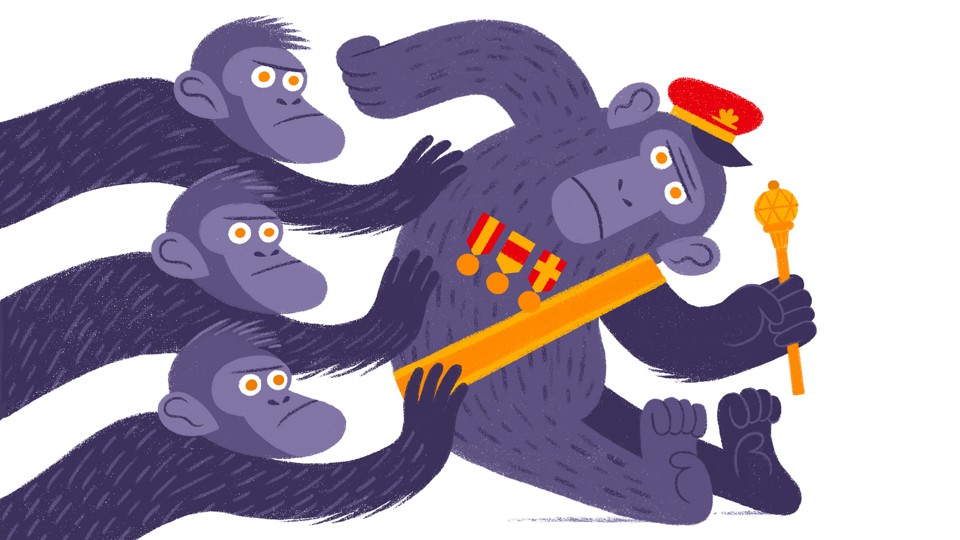Can shopping help us reduce income inequality? Maybe - there is some research that says it can help - dramatically.
Here is the article: https://www.yesmagazine.org/issues/solidarity/shop-here-not-there-science-says-reducing-inequality-is-almost-that-simple-20171120
And here is a link to the research report - https://arxiv.org/abs/1604.08394
The key point - if 5% of our shopping dollars were spent in poorer neighborhoods, income inequality can be drastically reduced. In the cities studied - a 5% shift in the where geographically the money is spent reduced inequality up to 80 percent.
Why this works? "Rewiring shopping trips to cross those neighborhood boundaries can decrease the ghettoization that urban neighborhoods experience."
How can we use this information as individuals? Well - this sort of solution is a bottom up solution, meaning, we the people need to cross the boundaries and make sure that none of the communities become ghettoized. Meaning - we don't consider bad neighborhoods, bad neighborhoods and we cross and shift some of our shopping into places that we would otherwise neglect. We intentionally take affirmative action to ensure that our shopping is diversified.
Part of this is transportation - making sure that people can get to place and feel safe in those spaces so they feel safe spending a portion of their money in those places.
It's an interesting idea and worth exploring I think.
Here is the article: https://www.yesmagazine.org/issues/solidarity/shop-here-not-there-science-says-reducing-inequality-is-almost-that-simple-20171120
And here is a link to the research report - https://arxiv.org/abs/1604.08394
Here is the synopsis of the study
Socioeconomic inequalities in cities are embedded in space and result in neighborhood effects, whose harmful consequences have proved very hard to counterbalance efficiently by planning policies alone. Considering redistribution of money flows as a first step toward improved spatial equity, we study a bottom-up approach that would rely on a slight evolution of shopping mobility practices. Building on a database of anonymized credit card transactions in Madrid and Barcelona, we quantify the mobility effort required to reach a reference situation where commercial income is evenly shared among neighborhoods. The redirections of shopping trips preserve key properties of human mobility, including travel distances. Surprisingly, for both cities only a small fraction (∼5%) of trips need to be altered to reach equity situations, improving even other sustainability indicators. The method could be implemented in mobile applications that would assist individuals in reshaping their shopping practices, to promote the spatial redistribution of opportunities in the city.
The key point - if 5% of our shopping dollars were spent in poorer neighborhoods, income inequality can be drastically reduced. In the cities studied - a 5% shift in the where geographically the money is spent reduced inequality up to 80 percent.
Why this works? "Rewiring shopping trips to cross those neighborhood boundaries can decrease the ghettoization that urban neighborhoods experience."
How can we use this information as individuals? Well - this sort of solution is a bottom up solution, meaning, we the people need to cross the boundaries and make sure that none of the communities become ghettoized. Meaning - we don't consider bad neighborhoods, bad neighborhoods and we cross and shift some of our shopping into places that we would otherwise neglect. We intentionally take affirmative action to ensure that our shopping is diversified.
Part of this is transportation - making sure that people can get to place and feel safe in those spaces so they feel safe spending a portion of their money in those places.
It's an interesting idea and worth exploring I think.



